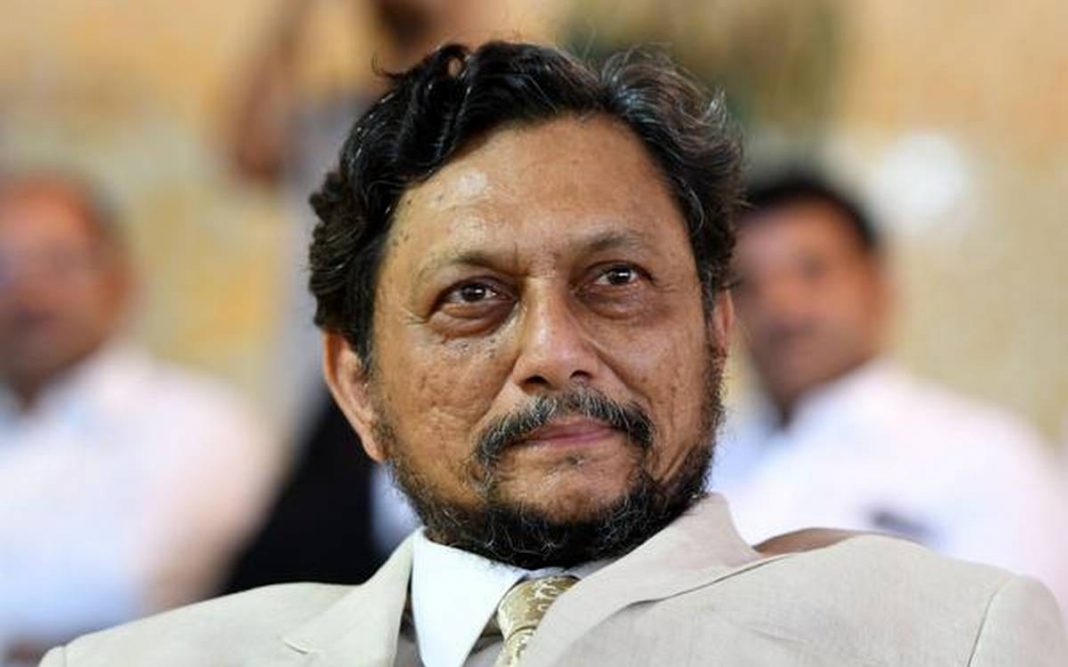Former Chief Justice of India (CJI) Sharad Arving Bobde on Saturday said that even though the executive was better placed to provide certain information on judges and there should be consultation between the judiciary and the executive regarding the appointment of judges, but the primacy in the matter should rest with the Supreme Court Collegium.
Speaking during the India Today Conclave, the former CJI said the judiciary was in the best position to know the judges being appointed. He further said that in case the IB reports pointed towards the activity of a judge, stating that suppose a candidate had a view that India should be divided, then the executive could take a call.
He further said that consultation did not mean concurrence; since the executive was in the best position to give such information.
He said he found it completely legitimate that the executive had a larger interest in the judges’ appointments since they were the largest litigants. However, the primacy of opinion must remain with the judiciary and the executive cannot have a veto power.
He said the judiciary was in the best position to know the judges being appointed. He further said that in case the IB reports pointed towards the activity of a judge, stating that suppose a candidate had a view that India should be divided, then the executive could take a call.
Dismissing the criticism that no judge was appointed to the Supreme Court during his being at the helm of affairs, the former CJI said that no appointments could be made during his tenure as there was no consensus among the Collegium members.
As per Bobde, there was no consensus among the Collegium members to arrive at a conclusion. Justice Akil Kureshi was just one name and there were many, he revealed, stating that there have been instances in the past as well when judicial appointments did not take place for almost two years. All of these judges were appointed later on, he added.
Regarding the Ayodhya case, the former CJI said the word political could be attached to anything. There was nothing political in the Ayodhya case, it was about Lord Ram’s birth place.
Judges were not into politics, they only adjudicated a claim, noted Bobde.
There was nothing political about Ayodhya apart from the politicians talking about it, said Bobde. He further said that the Supreme Court judges did not face any political pressure while dealing with the case, however, there was some sense of anxiety on how it would impact the body politic.
Speaking about the Rafale deal, he said it was not a political case, but just a defence deal. He added that the same was the case when the Supreme Court stayed the now-repealed farm laws as well.
Justice Bobde said he asked the government why it was not considering to withhold the laws? Since the government failed to respond and in view of the widespread violence against the government decision, the Supreme Court decided to stay the three farm laws. There was nothing political in the case, he added.


